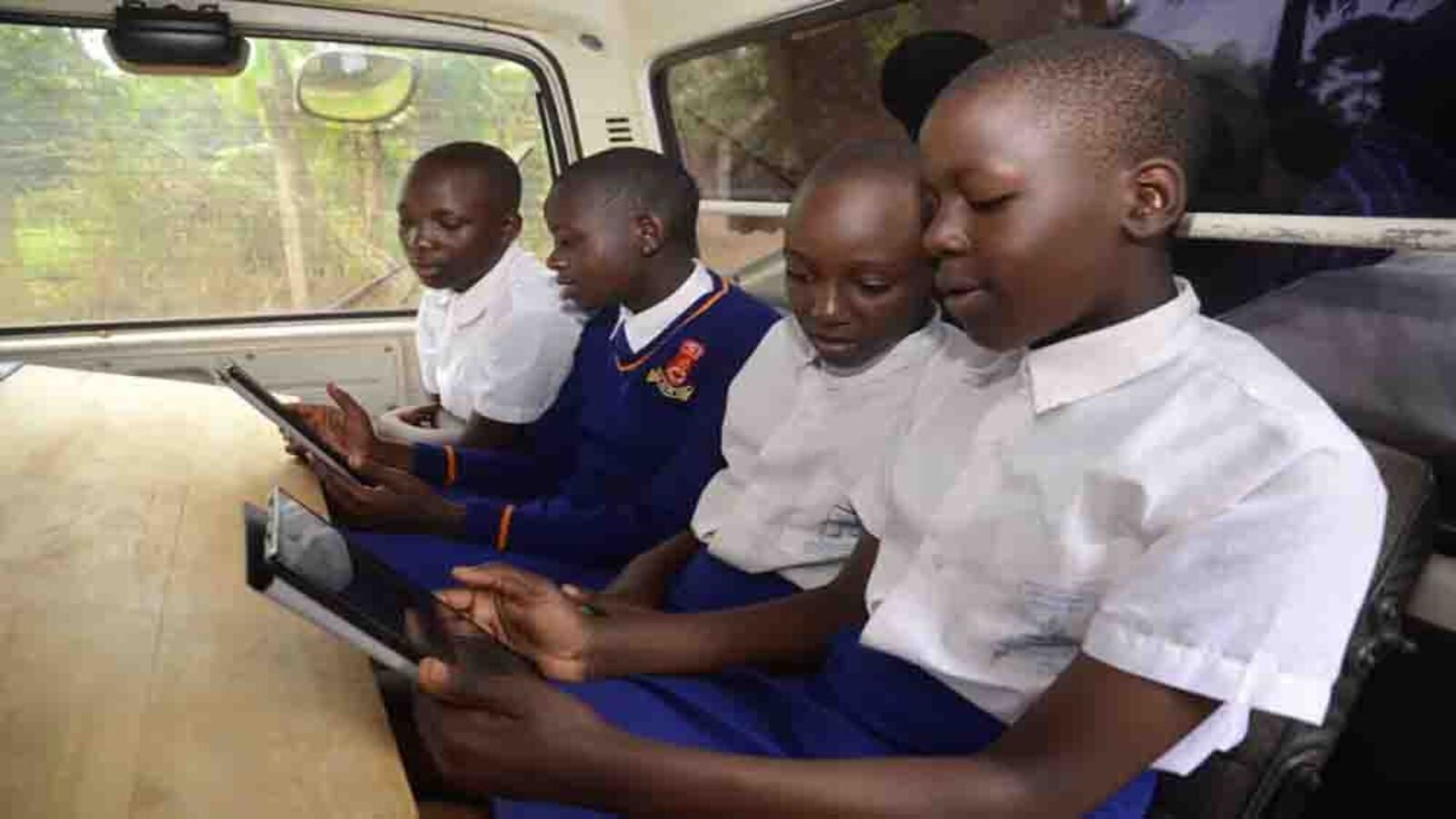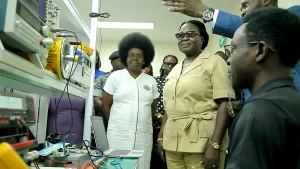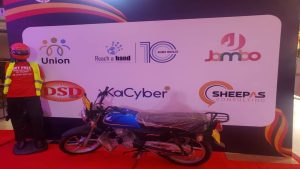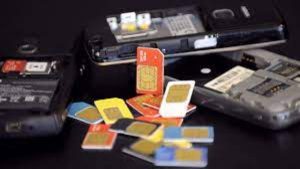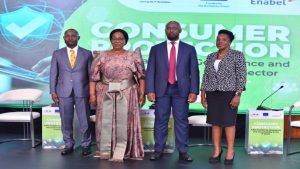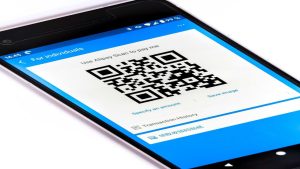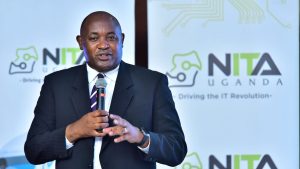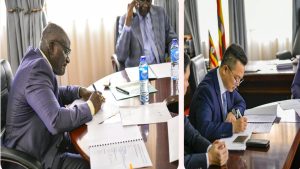Share
Given the enormous number of children who use the libraries, it is not surprising that community libraries in Uganda do not have enough books to fill their shelves.
This is due to the fact that they are solely individual-appropriate, provide a wide range of services to the community, but have fewer resources available due to the high cost of the reading materials, which makes learning challenging, particularly in remote locations and impairs a child’s capacity to learn.
Through the Community Libraries Association of Uganda, an umbrella and networking organization for over 150 community libraries, Book Aid International organized a three-day training workshop to equip and improve access to digital reading and learning resources at the PEFO Community Library in Jinja district.
The undertaking is known as the Uganda Community Knowledge Project, according to Judith Henderson, a senior project manager at Book Aid International.
In five community libraries in Uganda, a one-year pilot project will introduce digital resources including eBooks and offline databases for all demographic groups that make up the community.
The World Reader Booksmart App2 and RACHEL, or Remote Access Community Hotspot for Education and Learning, will be used in the pilot study.
Each library will receive up to 10 tablets as part of the project, along with the RACHEL hub, training, and 2,000 print books.
The RACHEL hub offers offline access to a curated selection of online lessons, videos, phonics books, lessons from reputable open-access educational learning platforms like Kolibri and Kahn Academy, and information on agriculture and public health.
Users of the library can instantly access the RACHEL content by using tablets or other personal devices to connect to the hub in the same way they would to a WIFI connection for the internet.
50 meters is the maximum working distance, and 50 people can connect at once.
According to Emmanuel Anguyo, coordinator of the Community Libraries Association of Uganda, “Accessing information resources digitally using these offline access points will boost and increase the reading interest of people while they access information on areas of interest.”

